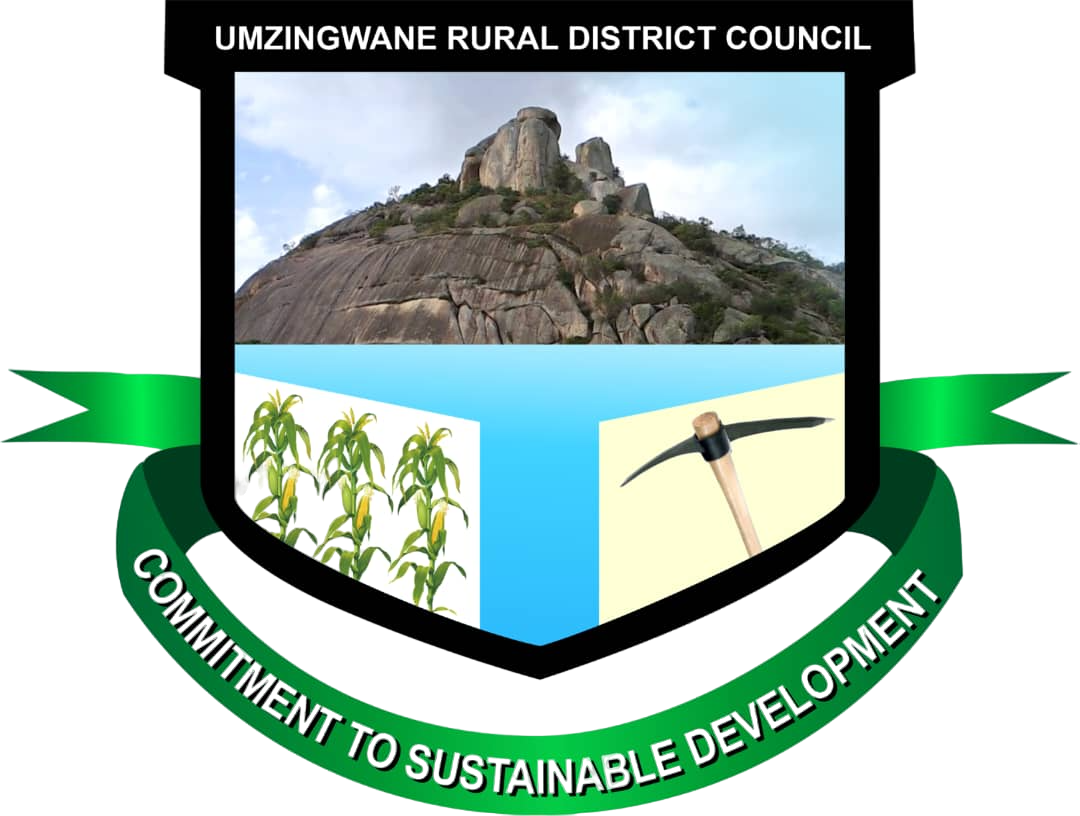
Internal Audit
Mission Statement
The Internal Audit (IA) of Umzingwane RDC is established and regulated by section 80 of the Public Finance Management Act Chapter 22:19 read together with the Public Finance Management (General) Regulations SI 135 of 2019 and by the Public Finance Management (Treasury Instructions) SI 144 of 2019.
The mission of Umzingwane RDC Internal Audit division is to provide independent objective assurance and consulting insights on the effectiveness, economy and efficiency of Umzingwane RDC’s governance, risk and controls in order to create and drive innovation, responsiveness and sustainability of the service delivery value chain.

Maintain Trends
Functionalities continually one prospective intellec

24/7 Services
Functionalities continually one prospective intellec
Objectives of the Internal Audit:
The Internal Audit Activity helps the Council accomplish its objectives by bringing a systematic, disciplined approach to evaluating and improving the effectiveness of risk management, control, and governance processes.
In fulfilling its mandate, Internal Audit conducts assessments and evaluations of the adequacy and effectiveness of governance, risk management and internal control processes for the Municipality. Internal Audit also operates in terms of the Institute of Internal Auditors (IIA) mandatory frameworks, including the Definition of Internal Auditing, the Code of Ethics and the International Standards for the Professional Practice of Internal Auditing Standards and any other relevant laws and regulations applicable to Umzingwane RDC.
Authority of Internal Audit Unit:
Internal Audit is authorised to have:
- Timely and unrestricted access to all URDC’s records, personnel and physical property relevant to the performance of an audit or special investigation; and
- Free and unrestricted access to the Accounting Officer and the Chairperson of the Audit Committee or any other member of the Audit Committee This privilege carries with it the responsibility to maintain the confidentiality of information to which the division has access during the normal execution of its duties.
Key Deliverables
The critical success factors and deliverables for an effective Internal Audit unit are:
- Three year rolling strategic and operational plans that are
- Aligned to strategic objectives of the organisation.
- Covers the strategic risk areas facing the organisation.
- Is risk based – addresses the key risks areas/concerns of management.
- Is prepared in consultation with management, the audit committee and external auditors.
- Matches assurance needs with available resources.
- Trusted advisor to management
- Promoting the sustenance of an effective internal audit function
- Promoting accountability
- Performing consulting activities in accordance to client needs
- Assisting management with the enhancement of the overall governance, risk and internal control environments;
- Maintenance of a Quality Assurance and Improvement Programme:
- That covers all aspects of the internal audit activity.
- The programme includes an evaluation of the IIA’s conformance with the definition of Internal Auditing and the Standards and an evaluation of whether the internal auditors apply the Code of Ethics.
- The programme also assesses the efficiency and effectiveness of the internal audit activity and identifies opportunities for improvement.

Internal Auditor
Pride Nkomo (029) 2800418
The subsection’s focused objective is to help the municipality accomplish its objectives by bringing a systematic, disciplined approach to evaluating and improving the effectiveness of risk management, control, and governance processes.

